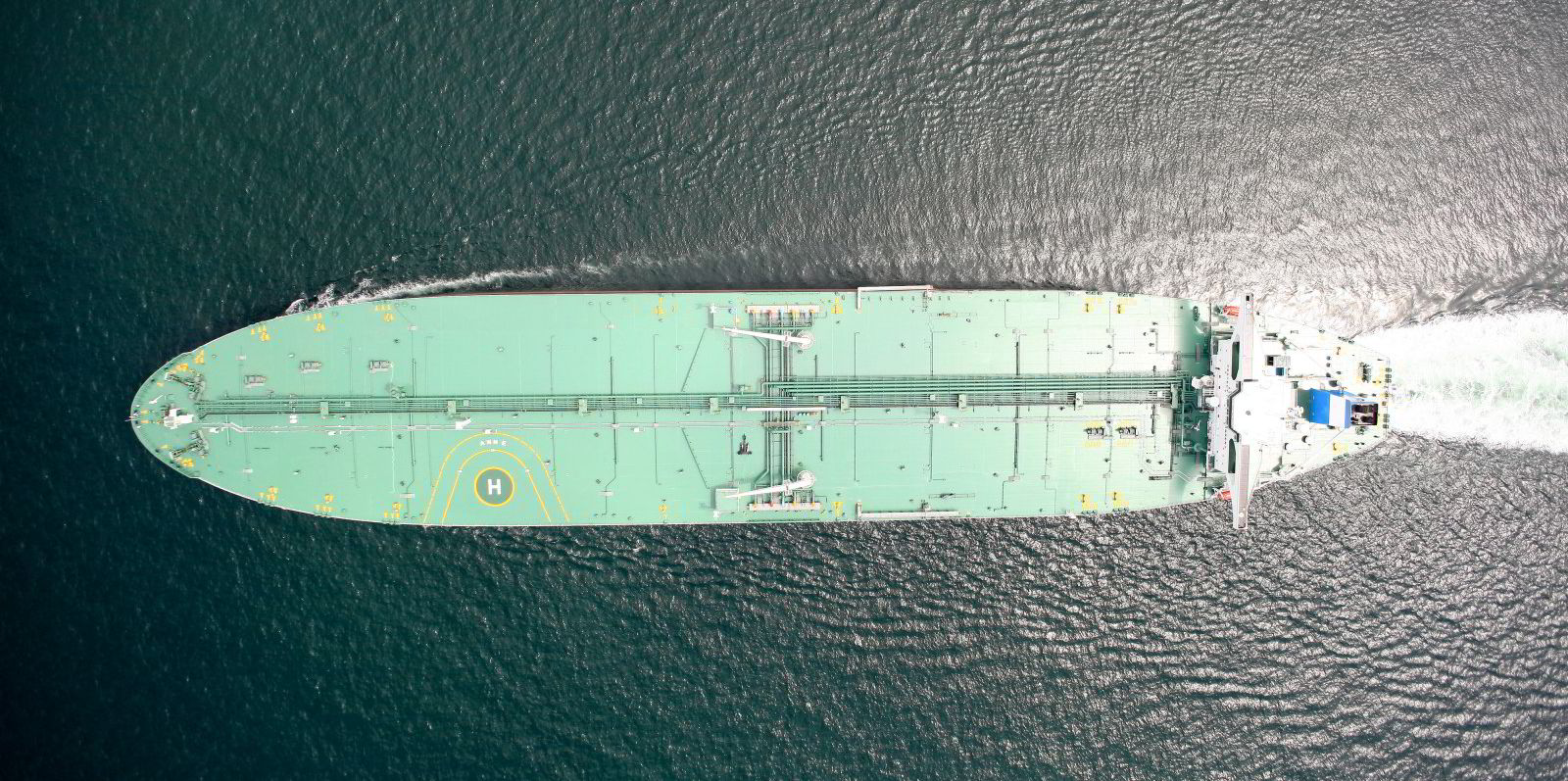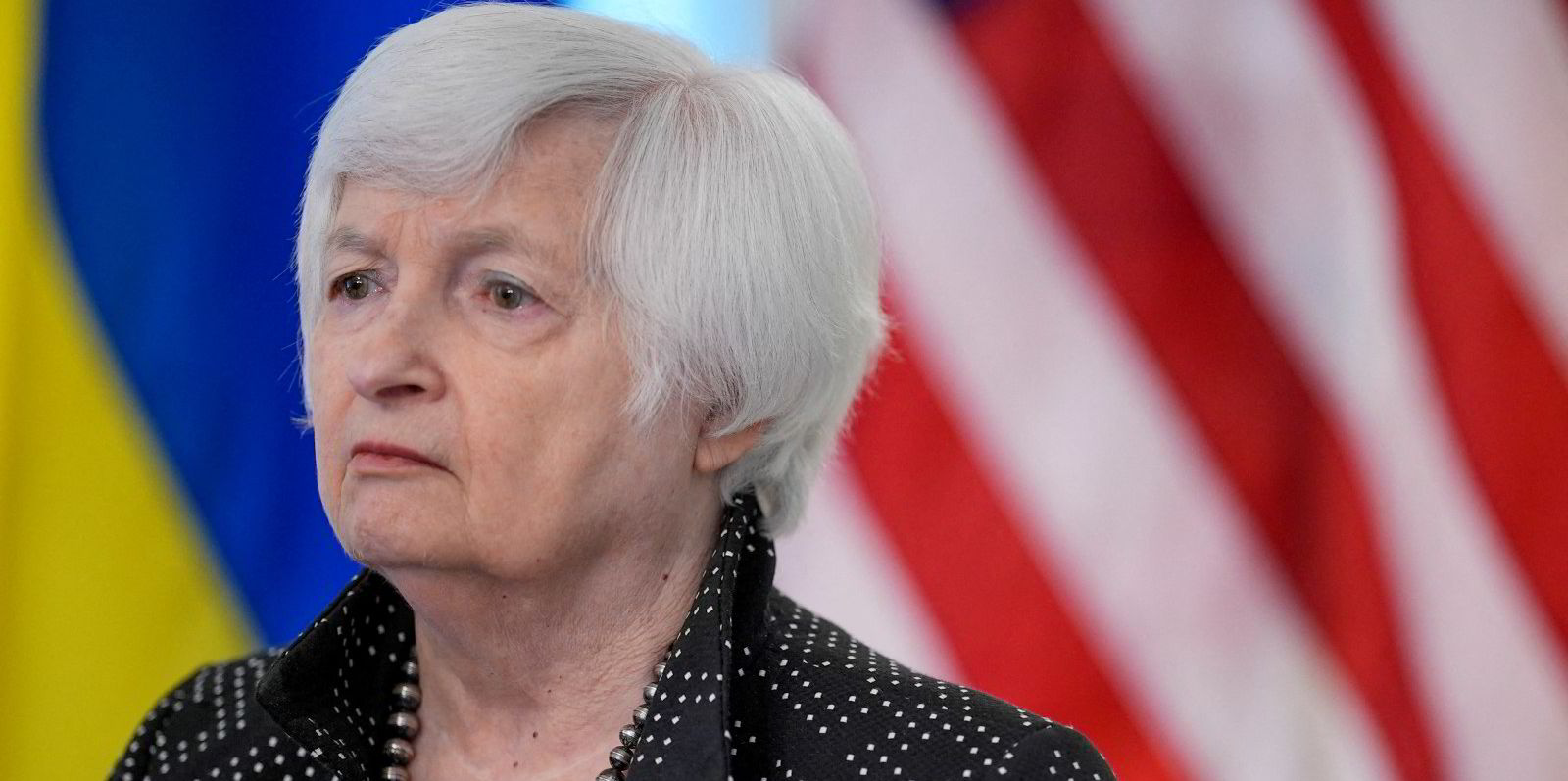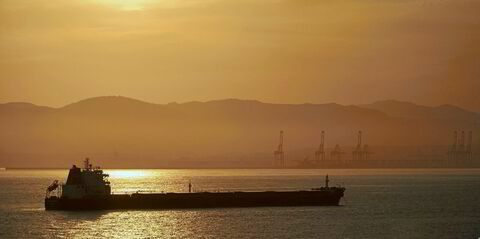Tanker rates headed in opposite directions on Wednesday as uncertainty swirls around the sector.
Crude tankers slipped across asset classes while product tanker rates posted gains, according to statistics from Clarksons, as the US threatens more sanctions on Iran following its seizure of a ship, threats to close the Strait of Hormuz and the departure of Venezuelan oil from mainstream trading.
The shipbroking giant’s fleet weighted average for VLCCs slipped 1.1% from Tuesday to $46,900 per day, while suezmaxes fell 6.2% from the day before to $45,200 per day.
Aframaes fell 4.5% from Tuesday to $49,000 per day.
Only suezmaxes remain ahead of where they were last week, with both VLCCs and aframaxes seeing earnings dip.
Fortunes were reversed for product tankers, where the fleet weighted average for LR2s jumped 6.6% from Tuesday to $49,000 per day and 18.2% from last week.
LR1s jumped 4.8% to $35,800 per day and were flat week-over-week while MRs rose 2.6% from Tuesday to $35,200 per day.
On Tuesday, US treasury secretary Janet Yellen threatened sanctions on Iran for its drone and missile attack on Israel over the weekend, which was preceded by Iranian forces seizing the 5,000-teu MSC Aries (built 2020).
Yellen hinted Iran’s oil exports could be in Washington’s sights.
Fearnleys said those measures are still very much up in the air, but would likely benefit tanker markets should they come to pass.
“Firstly, the direct impact on tanker rates could be positive if Opec+ must come up with volumes lost from Iran as these would likely go on the ‘normal tanker fleet, a fleet where the market already is very tight,“ analyst Oystein Vaagen said.
He added that there could be some phase-out of the shadow fleet, where Iran and Venezuela control approximately 15% of VLCCs, 14% of suezmaxes and 13% of aframaxes/LR2s.
Additionally, US sanctions on Venezuelan oil exports are set to return, though brokers expect them to have little to no impact on markets.
But looming over it all are Iranian threats to close the Strait of Hormuz, where as much as a third of all global seaborne oil passes daily.
That could have some positive impacts in the short-term, ABG Sundal Collier analyst Petter Haugen said earlier in the week, but in the long run it would lead to an overabundance of crude tankers as there is no alternate way to get oil out of the Middle East Gulf.





